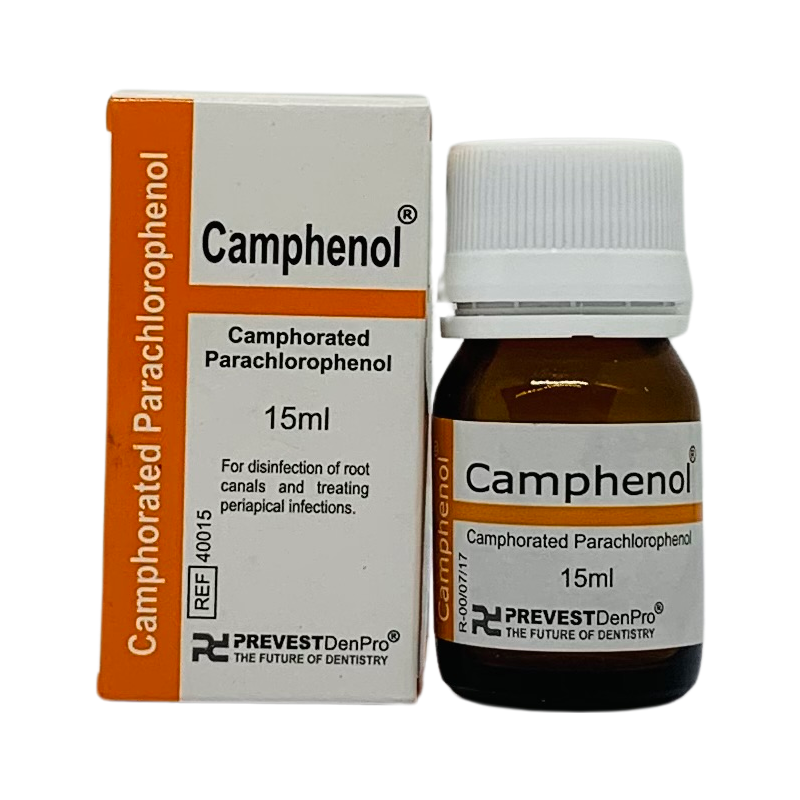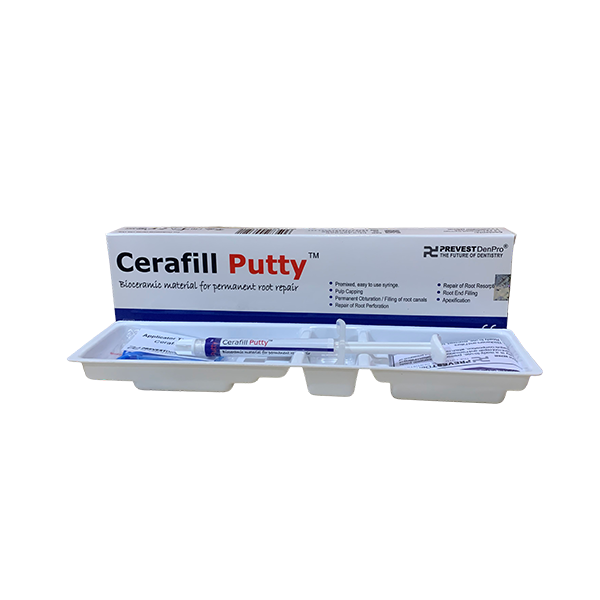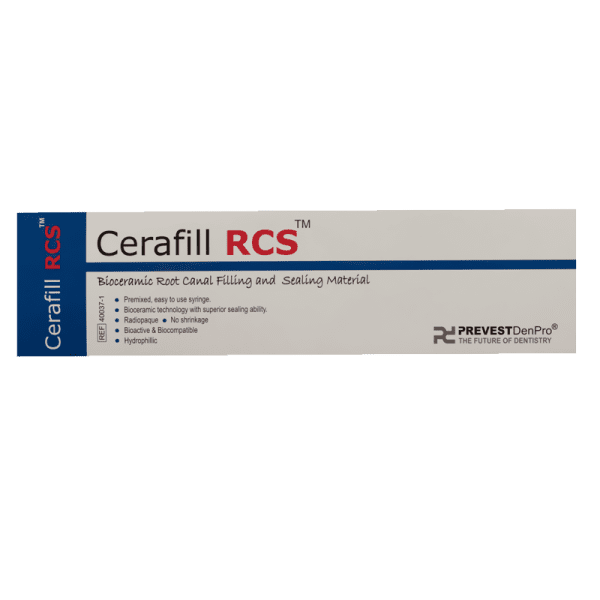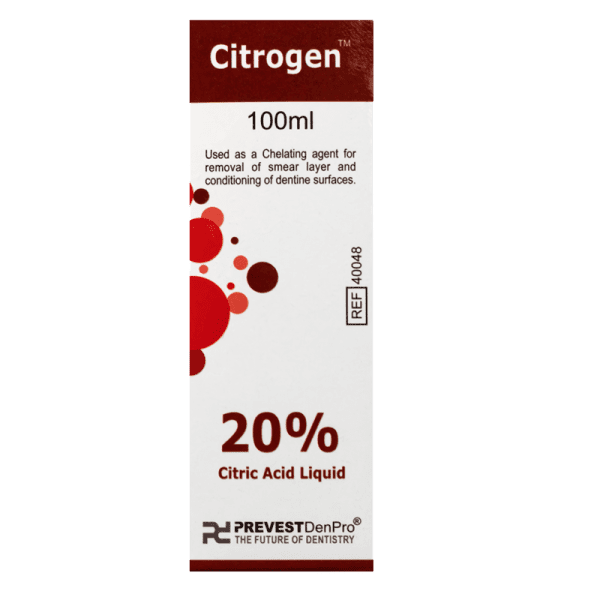Citrogen Gel
![]()
![]()
![]()
![]()
![]()
![]()
![]()
![]()
![]()
![]()
![]()
![]()
![]()
![]()
![]()
![]()
![]()
From ₹267.86
Citrogen Liquid
![]()
![]()
![]()
![]()
![]()
![]()
![]()
![]()
![]()
![]()
![]()
![]()
![]()
![]()
![]()
![]()
![]()
From ₹357.14
FAQs
These are advanced root canal sealers made from biocompatible ceramic materials. Bioceramic sealers fill and seal the space within the root canal after it has been cleaned and shaped, providing excellent sealing properties.
The best one should be biocompatible, provide an excellent seal, be easy to use, and should not shrink upon setting. It should also have antimicrobial properties to prevent bacterial growth.
An endodontic sealer fills the voids and irregularities in the root canal system, ensuring an airtight seal that prevents bacterial leakage and promotes successful endodontic treatment.
Obturation materials for primary teeth include materials like zinc oxide-eugenol, calcium hydroxide pastes, and resorbable materials. These materials are chosen for their biocompatibility and resorbability, suitable for primary teeth that permanent teeth will eventually replace.
Bioceramic root canal sealers offer superior biocompatibility, better-sealing properties, and enhanced antimicrobial effects compared to traditional sealers. They also promote healing and can bond to dentin, providing a durable seal.
Calcium hydroxide is used in endodontics as an intracanal medicament due to its antimicrobial properties and ability to promote hard tissue formation. It is often used to disinfect the root canal system and stimulate healing.
Calcium hydroxide is used for apexification, as an intracanal medicament, and for pulpotomies. It helps in disinfecting the root canal system, promoting healing, and encouraging the formation of a calcified barrier at the apex of the root.
Gutta-percha solvents are chemicals used to dissolve gutta-percha, the primary filling material used in root canals. They are used during retreatment procedures to remove existing root canal fillings.
MTA (Mineral Trioxide Aggregate) is a biocompatible material used in endodontics for procedures such as apexification, root-end fillings, pulp capping, and perforation repairs.














